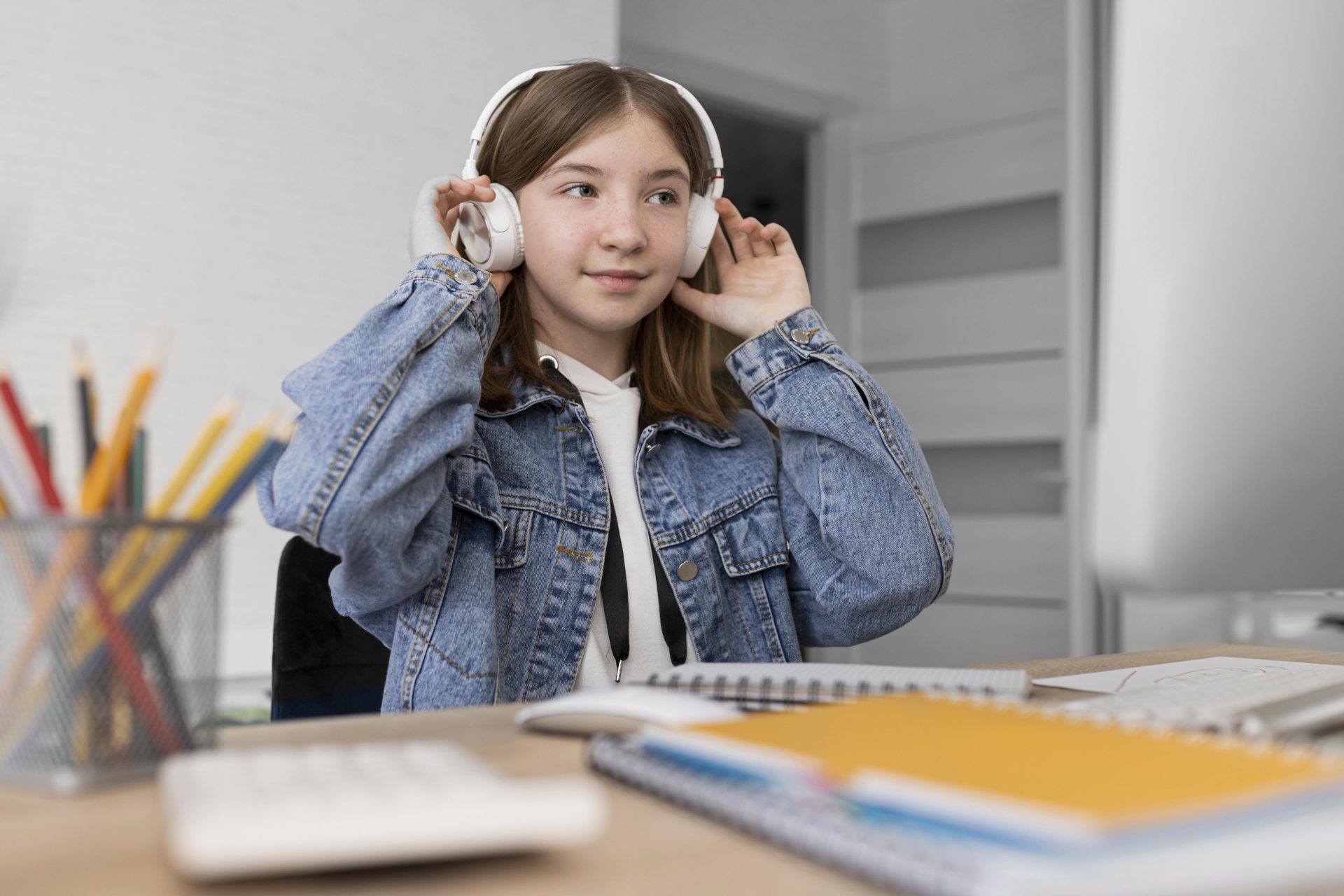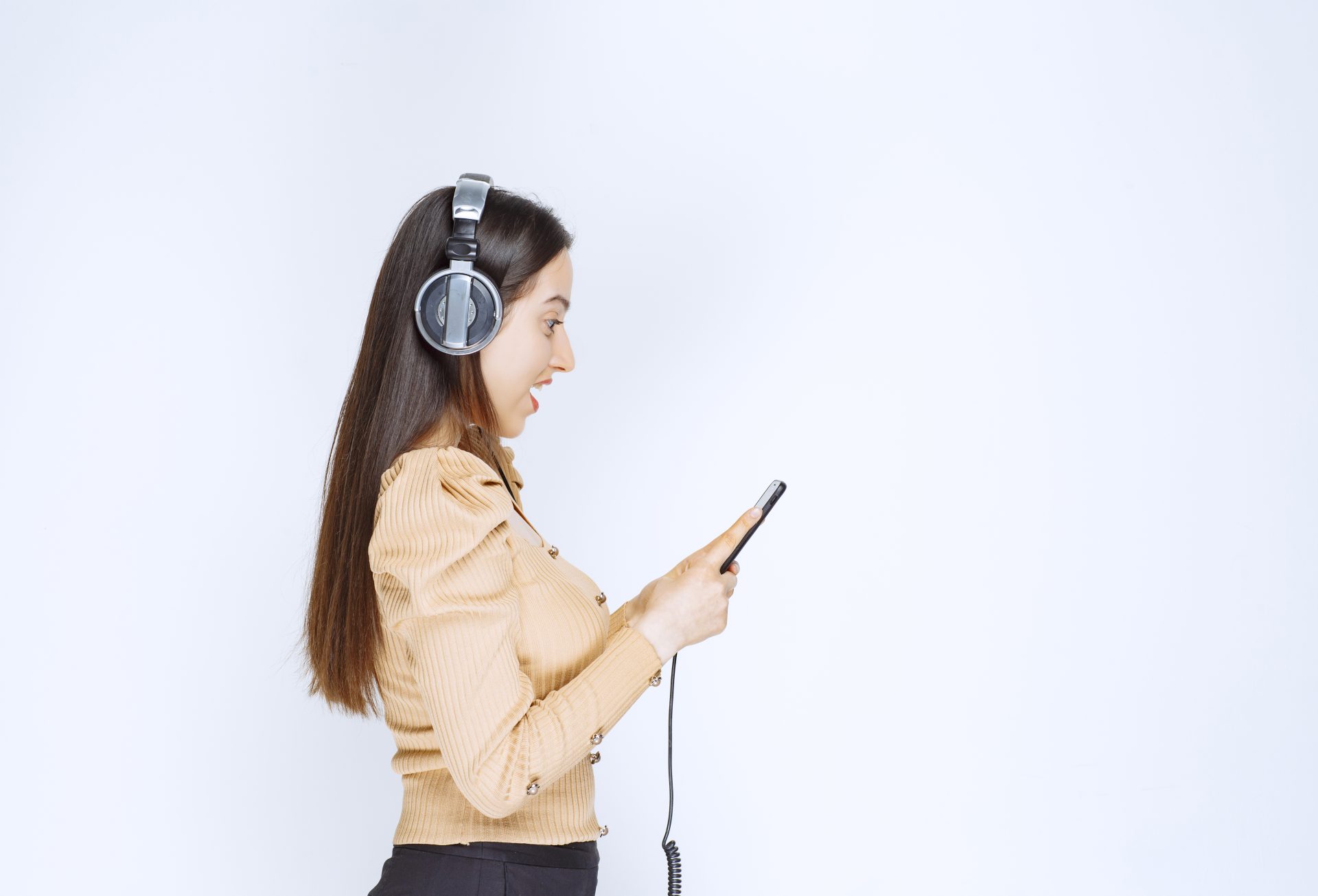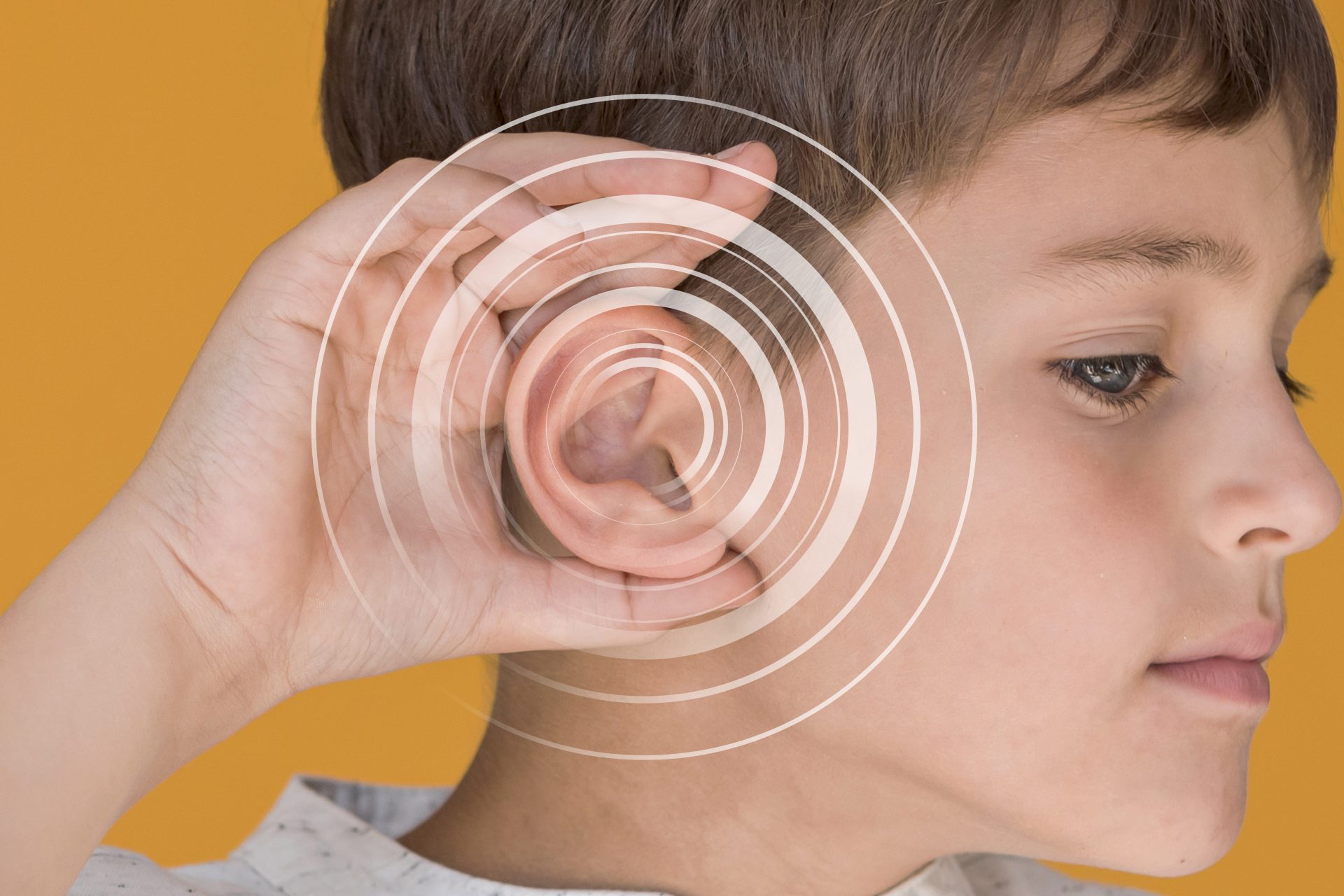Contents
What is an auditory learning style? The auditory learning style involves a preference for acquiring knowledge through listening and retaining information through verbal cues. Educators can cater to the needs of learners by employing strategies such as utilizing podcasts, recording lectures and fostering participation in class activities to enrich their educational journey.
Characteristics of Auditory Learners

People who learn best through listening are known as auditory learners. They prefer learning in settings where they can hear spoken words: instructions, lectures, and discussions. This learning style helps them remember and accurately recall information they hear. Auditory learners often do well in activities that involve speaking and listening like giving presentations and taking exams.
In classrooms or lecture halls auditory learners excel by absorbing what the instructor says effortlessly. They have a talent for understanding differences in tone and emphasis which gives them a grasp of the material being discussed.
Not every auditory learner is the same because some may excel in fast-paced audio environments, others may struggle to focus amidst background noise or in instances of extended verbal discourse.
Techniques for Auditory Learning

Active listening is a skill for those who learn best through hearing. Encouraging listening means focusing on the information being shared verbally and seeking clarity through questions to keep the lines of communication with the speaker.
Active listening enables people to process and engage with the content being presented making it more meaningful and easier to recall. Asking questions and seeking clarification will enhance auditory learners’ comprehension.
Verbal Repetition
Verbal repetition serves as a valuable technique for reinforcing learning among auditory learners. Individuals say key points outloud or explain complex concepts to others to reinforce their understanding of the material through verbal engagement. This method aids in memory retention and enhances overall comprehension by allowing the learner to articulate and express concepts in their own words.

Utilizing Mnemonics
What are mnemonics? Mnemonics includes any learning technique that aids in information retention or retrieval in the human memory, often by associating the information with something that is easier to remember like kids associating the alphabet with the ABCs song.
Deborah A. is a teacher who says: “Using mnemonics as an auditory learning technique can be helpful as it provides children with a way to encode and retrieve information through sounds” at ZEN education’s website.
Mnemonics are memory shortcuts for those who learn best through listening using rhymes, catchy tunes or abbreviations can really help in remembering details. Linking the content with phrases or sequences assists with easier time remembering and faster retrieval of information when studying or engaging in daily activities.
Auditory learners can leverage their natural preference for sound-based learning to enhance their academic performance and expand their knowledge effectively by embracing techniques. Each strategy is pivotal since they reinforce memory retention and support deep comprehension of subjects.
Harnessing Spoken Content
Tuning in to a flow of podcasts, audiobooks and educational videos helps those who learn best through listening. These spoken contents can engage auditory learners with material that suits their preferred learning method.
Listening to podcasts related to a student’s course material can provide them with different perspectives from experts in the field. These types of media offer nuanced views on various topics, which can enrich people’s understanding of the subject matter beyond what textbooks or written materials might offer.
Audiobooks allow people to cover extensive reading material without the need to fixate on written text. This form of exposure to literature feeds the mind with information.
One notable advantage of harnessing spoken content is the ability to reinforce learning through repetition without the tedium often associated with traditional review methods. Rewinding or replaying key segments until they’re firmly embedded in memory is a luxury afforded only through spoken content mediums. Using such spoken content opens new avenues for auditory learners to connect with their studies and actively engages their affinity for spoken content.
Music as a Learning Aid

Cambridge University Studies indicated that “specialized musical training showed significant improvements in auditory discrimination and working memory compared to those who did not receive such training” in British Journal Of Music Education.
Additionally, specific types of background music such as ambient tunes can create an ideal setting for learning. The patterns and harmonies in the music offer a sense of order and peace that resonates with auditory learners by aiding them in maintaining focus and interest in their pursuits. Natural sounds like flowing water or birdsong reduce stress and anxiety. They create a peaceful backdrop for learning that soothes and promotes relaxation while keeping the mind attentive. This combo is perfect for boosting study productivity.
Applying Auditory Learning Across Subjects
Auditory learning offers an advantage by being effectively incorporated across academic disciplines to bolster comprehension and memory. The emotive resonance and subtleties conveyed through the speaker’s voice could deepen a person’s grasp and emotional connection to that moment in history.
Educational podcasts are a treasure trove for auditory learners when it comes to scientific concepts. These podcasts provide an immersive learning experience by offering access to expert-led discussions, interviews, and explanations on complex scientific topics.
Language learning is another area where auditory learning can shine brightly because listening to native speakers converse in a new language allows auditory learners to pick up correct pronunciations, intonations, and language nuances. It is an immersive approach that fosters a deep understanding of language structures and helps with learning vocabulary.
Historical narratives and educational podcasts offer valuable resources for auditory learners across various subjects, providing them with immersive experiences that enhance comprehension, retention, and overall academic success. These practical applications empower auditory learners to harness the power of sound as a catalyst for effective learning.
Tools and Resources for Auditory Learners

Accessing learning material through various audio formats is vital for auditory learners since these tools make learning content more accessible and enhances comprehension and retention.
Audiobooks
Audiobooks are a resource for those who learn best through listening. Turning books into narrated stories helps auditory learners grasp information and improve their retention and comprehension skills.
Audiobooks often feature professional narrators who pronounce words clearly, allowing auditory learners to pick up new vocabulary and language nuances. Exposure to well-spoken language can significantly contribute to their overall communication skills, making audiobooks not just a learning tool but a valuable asset for personal and professional development.
Podcasts
Podcasts cover an extensive range of topics and are an invaluable resource for auditory learners. They offer diverse content that caters to different interests and academic pursuits. Podcasts can include anything from history to science, literature to current affairs. They provide in-depth discussions and analysis with enriched learning experience for auditory learners. Furthermore, podcasts often include interviews, debates, and storytelling to engage the listener in a dynamic manner.
Podcasts’ varied content stimulates critical thinking and problem-solving skills in auditory learners, fostering a well-rounded approach to learning.
Voice Recording Apps
Voice recording applications are crucial for individuals who learn best through listening. These tools enable students to capture lectures, make study guides, and participate in self evaluation. Recording lectures and studying resources is helpful for auditory learners because it can help solidify their comprehension by listening.
Voice recording applications promote self reliance in education, which empower students to manage their learning strategies. Auditory learners can use these tools to amplify their learning across many subjects.
By embracing these audio-centric tools and resources, auditory learners can unlock an enriched learning journey that aligns with their preferred learning style.
Check out Legacy Online School programs to find what you need:
- Legacy Online School’s elementary school program sets the bar high. This is a quality education. We strive to ignite curiosity. We also strive to foster creativity. We offer a strong curriculum. We are assisted in this by qualified educators.
- Legacy Online Middle School provides digital education. It is designed for middle school students. The school prides itself on offering live online classes taught by certified teachers. The classes are online and interactive.
- Legacy Online High School is a unique method of online learning carefully designed for high school students. It combines synchronous learning, a wide range of pedagogical methods, and an emphasis on accessibility.
Legacy Online School offers the best curriculum for you and your child to get the best online educational experience.
Our rigorous curriculum ensures that graduates are well prepared for universities and workplaces around the world. In addition, our vibrant virtual clubs connect students all around the world.





